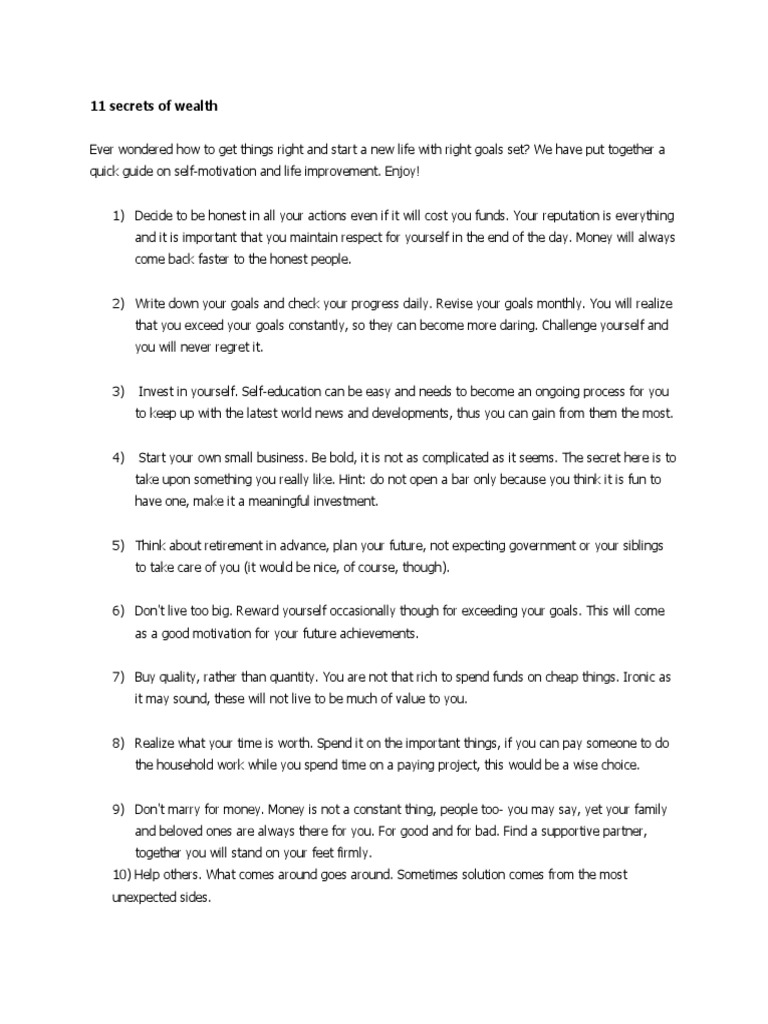Investing is a crucial aspect of personal finance, and understanding the various investment options available is vital for individuals looking to grow their wealth. This holds particularly true for Muslim investors in India, who often seek investment avenues that not only promise returns but also adhere to their religious principles. In this article, we will explore various investment options for Muslims in India, ensuring compliance with Sharia law while also providing insights into their potential benefits and risks.
Investment Options for Muslims in India
Finding the right investment vehicles can be challenging, especially for Muslim investors who have specific requirements. Below is a comprehensive overview of the valid investment options that cater to this community’s needs, focusing on both traditional and modern avenues.
An Overview of Sharia-Compliant Investments
A fundamental principle of investing in accordance with Islamic teachings is avoiding interest (riba) and unethical investments. Therefore, it is essential for Muslim investors to understand the types of Sharia-compliant investment options available in India. Here are some noteworthy options:
1. Mutual Funds
Mutual funds are a popular way to invest for many individuals, including Muslims. Sharia-compliant mutual funds invest in stocks of companies that adhere to Islamic principles, avoiding sectors like alcohol, gambling, and conventional banking. In India, several asset management companies offer Sharia-compliant mutual funds that allow Muslims to invest without compromising their values.
Benefits of Mutual Funds
Investing in mutual funds provides diversification, professional management, and the ability to start with relatively small amounts of capital. For Muslim investors, Sharia-compliant mutual funds represent an opportunity to participate in economic growth while respecting religious obligations.
2. Stock Market Investments
Investing in the stock market is another option for Muslims in India. However, thorough research is essential to identify Sharia-compliant stocks. Companies must meet certain financial ratios and operational activities that align with Islamic principles. By investing in the right stocks, Muslim investors can harness the potential for significant returns.
Guidelines for Sharia-compliant Stocks
When selecting stocks, ensure the companies do not engage in activities forbidden under Sharia, focuses on essential goodness, and are free from excessive debt. Tools like Sharia screening services can assist in identifying suitable investments. A careful analysis will aid in constructing a portfolio that aligns with Islamic values.
3. Real Estate Investment
Real estate is an attractive investment option for Muslims in India. Properties can be purchased using Sharia-compliant financing options, such as profit-sharing agreements or partnerships, which do not involve interest. Real estate can provide long-term capital appreciation and rental income, making it a viable option.
Considerations for Real Estate Investment
It is essential for investors to evaluate the location, property type, and market conditions before venturing into real estate. Certain factors, such as demographic trends and local development projects, can significantly influence property values and returns.
4. Islamic Banking Products
Islamic banks offer various financial products that comply with Sharia principles. These include profit-sharing savings accounts, home financing options like Murabaha (cost-plus financing), and investment accounts based on equity-sharing arrangements. Utilizing these products allows Muslims to manage their savings and investments without infringing on Islamic regulations.
The Advantages of Islamic Banking
Islamic banking promotes ethical investing by focusing on real economic activity and avoiding speculative transactions. Moreover, Muslim investors can benefit from profit-sharing mechanisms that align their returns with the performance of the investments made.
5. Gold and Precious Metals
Gold has traditionally been considered a safe haven for wealth preservation among Muslims. Investing in physical gold or gold ETFs can serve as both a hedge against inflation and a way to comply with Islamic investment practices. Precious metals adhere to Sharia regulations, making them an appealing option.
Investment in Gold: Worthwhile Considerations
While gold can act as a store of value, it is crucial to monitor market trends to determine the optimal times for buying and selling. Moreover, consider allocating a proportion of your investment portfolio to gold, balancing it with other avenues for diversified risk management.
6. Sukuk: The Islamic Alternative to Bonds
Sukuk are Islamic financial certificates similar to bonds but structured in accordance with Sharia law. They represent partial ownership in an asset, project, or investment. Sukuk are designed to provide investors with financial returns without involving interest payments, making them an excellent choice for Muslim investors.
Exploring Sukuk Issues
Investing in Sukuk can often be less risky than conventional bonds, particularly as they are backed by tangible assets. They can be an attractive option for asset allocation, providing regular income while fulfilling Islamic principles.
7. Startups and Entrepreneurship
Another exciting investment option for Muslims is in the realm of startups and small businesses. Engaging in entrepreneurship allows investors to create opportunities while adhering to Islamic principles. Crowdfunding platforms also provide avenues to support Sharia-compliant businesses.
Support Local Startups
Investing in local enterprises not only creates wealth but also contributes to job creation within the community. Muslim investors can consider collaborating with entrepreneurs that align with their values, monitoring the sustainability and ethics of the business models.
8. Peer-to-Peer Lending
Though traditional lending involves interest, Peer-to-Peer lending can be structured in ways that comply with Islamic regulations. This model allows individuals to lend money to borrowers directly in exchange for equity participation or profit-sharing arrangements.
Navigating Through Peer-to-Peer Platforms
Be sure to select trustworthy platforms that adhere strictly to Sharia principles, ensuring that repayments align with ethical practices. By engaging in such lending mechanisms, investors may receive competitive returns while promoting financial inclusivity.
Explore Investment Options for Muslims in India
Understanding the Landscape of Investment Options

The landscape of investments is continually evolving, and as Muslim investors navigate this terrain, it remains crucial to stay informed about current trends and options available. Seeking guidance and conducting thorough research will ultimately empower them to make informed decisions that align both with their financial goals and religious beliefs.
Conclusion
In conclusion, there are an array of investment options for Muslims in India that are Sharia-compliant and ethically sound. From mutual funds and real estate to gold and Sukuk, each avenue offers distinct advantages and methods of wealth generation. Staying informed about investment trends while ensuring adherence to Islamic principles is key to successful financial planning. By exploring these options, Muslim investors can not only secure their financial future but also contribute positively to society. Ultimately, the journey of investments can be fulfilling when undertaken with knowledge and respect for one’s values.


